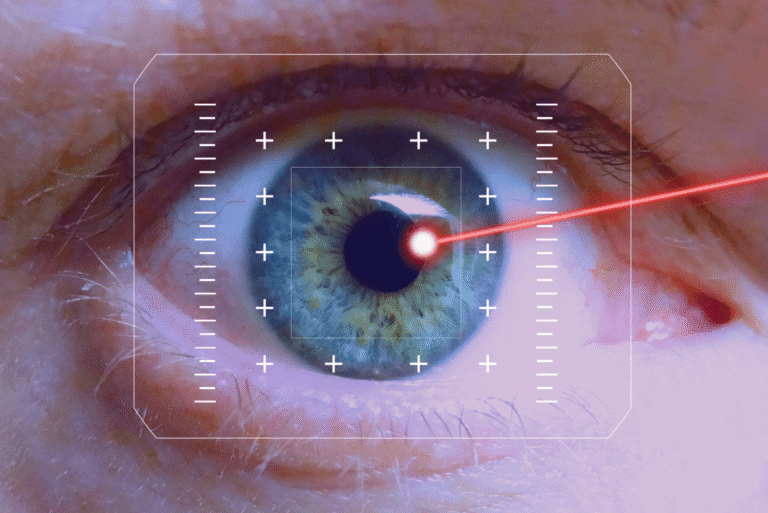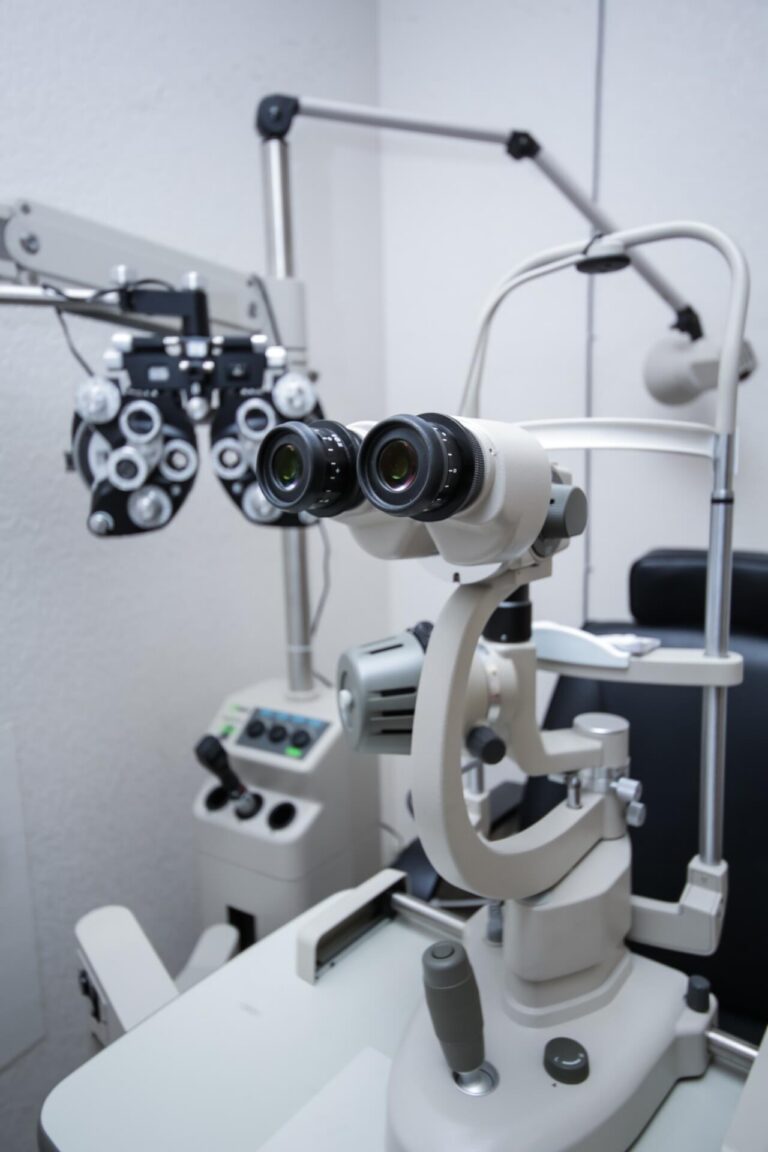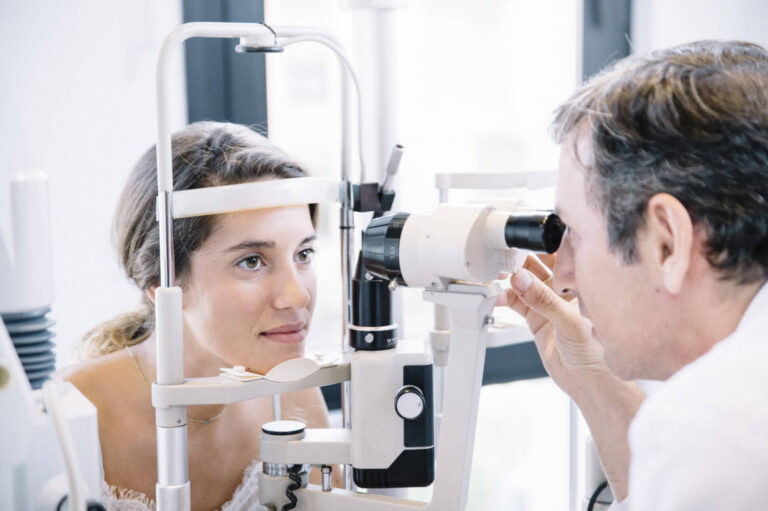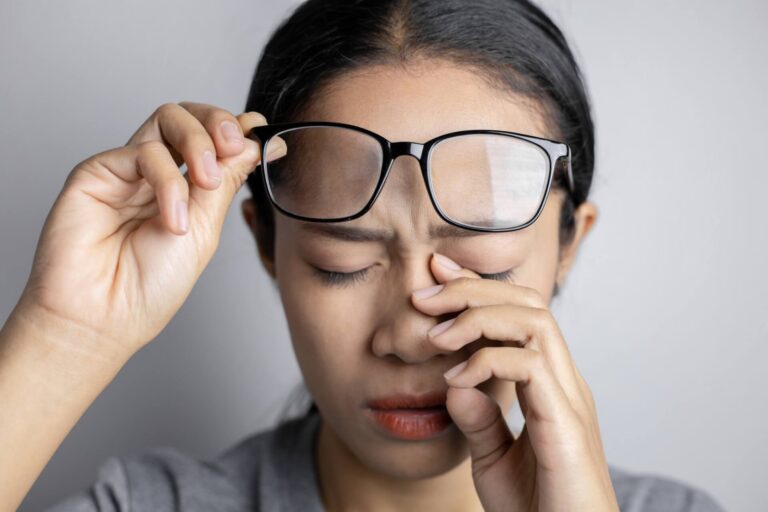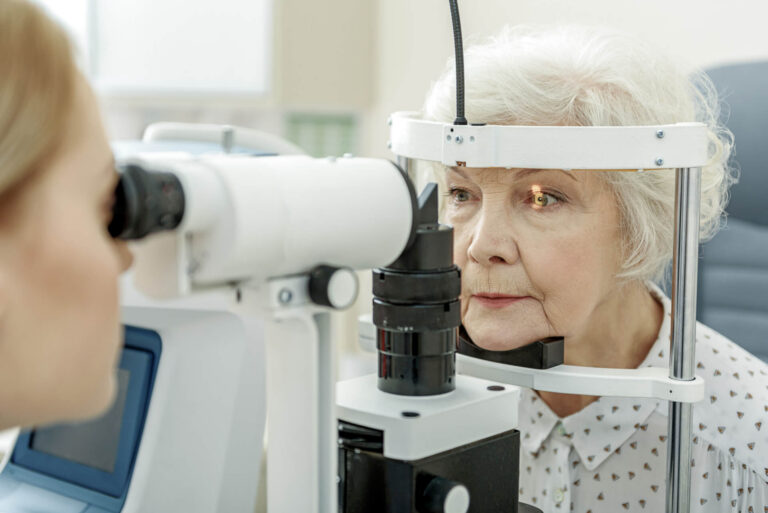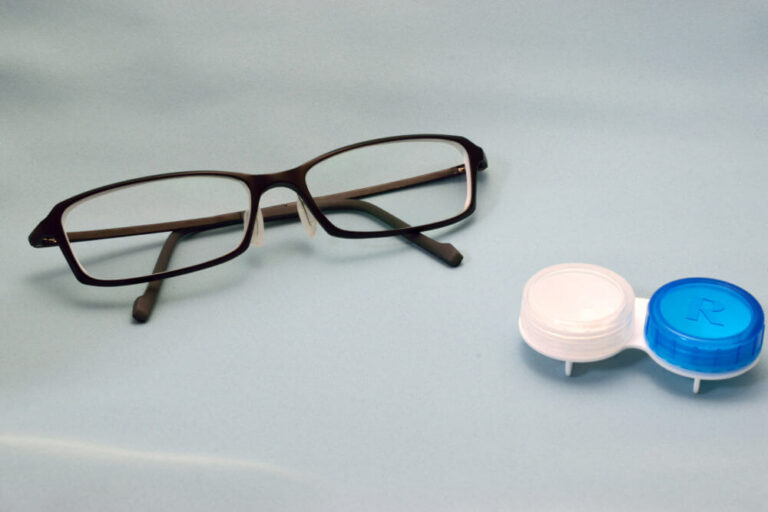Ask Your Lexington Eye Doctor About Help With Cataracts If You Have These 7 Symptoms
Posted by: Kentucky Eye Institute in Cataracts
When you or a loved one is suffering from eye issues, you may start to wonder if it could be due to cataracts. But, how can you tell if you have cataracts in the first place? Many people have heard the term but still wouldn’t be able to answer simple questions. What are cataracts? What…
Read MoreThe Complete Guide on Lasik: What to Expect Plus Lasik Eye Surgery Recovery
Posted by: Kentucky Eye Institute in Vision Care
Over 10 million Americans have had Lasik surgery since it was approved by the FDA over 20 years ago. Since then, the procedure has become better and safer. 96% of people who get Lasik are happy with the outcomes of the surgery. That’s higher than any other elective surgery. So once you get Lasic, what…
Read More7 Questions to Ask Your Lexington Eye Doctor During an Eye Exam
Posted by: Kentucky Eye Institute in General Eye Health
Spending a lot of time staring at a screen? That dedication to your electronics can do more harm than good. In fact, it might even contribute to long-term vision problems. Approximately 12 million Americans over the age of 40 have vision impairment. Meanwhile, 6.8% of children have a diagnosed vision condition. If you’re concerned about…
Read MoreHow to Find an Eye Doctor in Lexington, Kentucky
Posted by: Kentucky Eye Institute in General Eye Health
Did you know that just half of the American adults with the most risk for losing for vision have even seen an eye doctor within the last year? Skipping out on the eye doctor puts you at risk for problems that can even lead to vision loss if you don’t catch and treat them promptly. You might not…
Read MoreHow to Heal a Scratched Eye (aka Corneal Abrasion)
Posted by: Kentucky Eye Institute in General Eye Health
A recent survey by the American Academy of Ophthalmology stated that most Americans don’t see an eye doctor, even when they have an eye problem. If you have a serious corneal abrasion, you cannot ignore it. While a corneal abrasion, or a scratched eye, can heal at home, it is important to visit a doctor…
Read MoreCloudy Vision: The Diagnosis and Treatment of Cataracts
Posted by: Kentucky Eye Institute in Cataracts
Almost 350,000 people in Kentucky suffer from cataracts—that’s over 17% of the state’s population. If you’re over the age of 60, that number is even higher. Thankfully, this common eye condition doesn’t mean you’ll lose your vision for good. A qualified eye doctor can diagnose and treat cataracts to restore your sight to normal. Don’t…
Read MoreEyesight Getting Worse? How Vision Changes as We Age
Posted by: Kentucky Eye Institute in Vision Care
Right now, your vision is the best it’ll ever be. Unless you make some sort of surgical change, your eyes are going to get worse with time, not better. The good news is, your eyesight getting worse is normal, and the bad news is, you can’t necessarily stop it. Learn what changes you can expect…
Read MoreHow to Find the Right Eye Doctor in Lexington, KY
Posted by: Kentucky Eye Institute in General Eye Health
Over 60% of people need some kind of vision correction and that number is continuously growing. Now more than ever, it is important to visit your eye doctor regularly in order to ensure you are seeing things properly. But eye doctors can do a lot more than just vision correction. They can deal with a wide…
Read MoreGlasses Vs. Contacts: Which Are Right For You?
Posted by: Kentucky Eye Institute in Vision Care
61% of the American population relies on corrective lenses to see. That’s up 4% from over a decade ago. The growing population of glasses and contact wearers is not only made up of the elderly, either. 20 percent of millennials use corrective lenses, too. If you ever see the eye doctor and discover you need…
Read MoreDr. Rebecca Harris on Her Career as a Kentucky Eye Doctor
Posted by: Kentucky Eye Institute in Staff Spotlight
Dr. Rebecca Harris grew up in Somerset, Kentucky, where her father is still practicing optometry to this day. She received her Bachelor of Science Degree in Biology at the University of Kentucky in 2005 and was then accepted into the University of Alabama at Birmingham School of Optometry. Her clinical training included primary care, pediatrics,…
Read More

